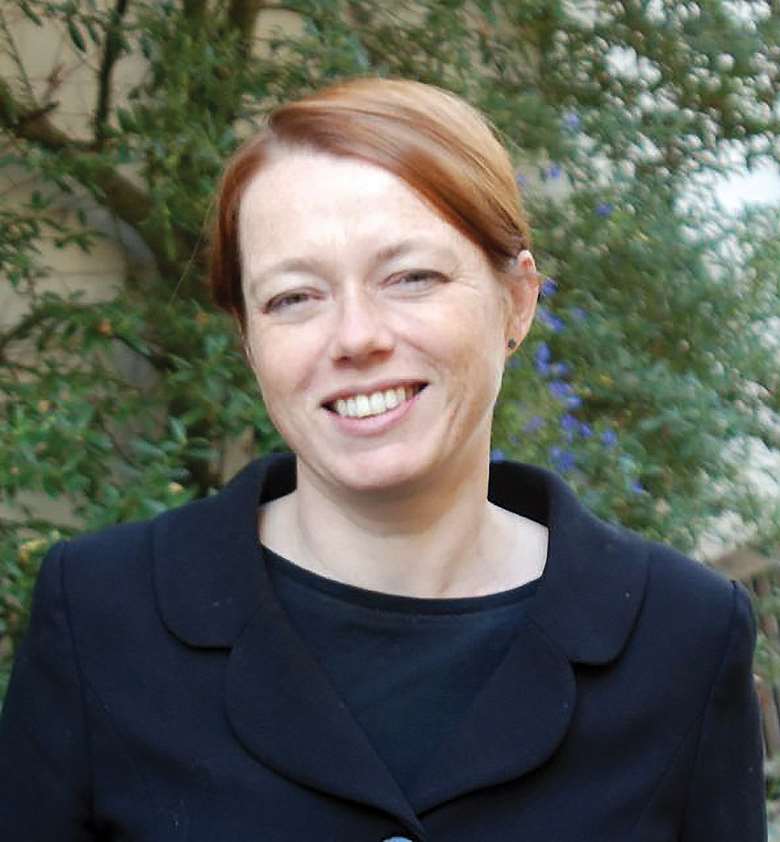Private sector partnerships
Catherine Prisk
Tuesday, March 27, 2018
Successful private sector partnerships can enable organisations to harness the skills and resources needed to take their campaigns further and reach wider audiences than would otherwise be possible.

Government and charities can't and shouldn't be the only investors in our children's futures - partnerships with the private sector can bring together connections and skills to help you reach further and do much more.
The Outdoor Classroom Day campaign I currently lead was founded by educators for educators. Between 2012 and 2015 the partnership of non-governmental organisations behind the campaign had reached over 120,000 children in schools in nine countries. At that point Project Dirt took it to Unilever, as one of a handful of initiatives chief executive Nick Gardner was pitching to the Dirt is Good/Persil team.
The Dirt is Good team saw the simple, scalable idea, the proven track record and the potential impact. At the time they were rebooting their Dirt is Good mission worldwide, and so a perfect partnership was born.
In 2017 the campaign reached more than two million children in 100 countries; and the consortia behind it expanded substantially. But this partnership is about more than money and reach. Working with some of the best marketing, PR, and social media analysts in the world, it is also about the skills we've all learned. Together we can get more children playing outdoors than either of us can do alone.
Building the right type of projects with a corporate can take a huge amount of time and is often very different to working with a grant funder. Get it wrong and it can be painful. Get the partnership right however, and you can both have more impact on the issues that matter to you.
1. Work with the right corporate, for the right reasons. Corporates have access to money beyond the dreams of most small organisations - but don't let this be the reason why you enter into a partnership. Do the due diligence beforehand so you are clear that your values and their aspirations align, then you can both be proud of your partnership.
It was relatively easy to align Dirt is Good and the objectives of Outdoor Classroom Day, especially when James Hayhurst, global equity director for Dirt is Good/Persil, has "number of children playing out" as part of his job evaluation.
2. Successful relationships are not built with organisations, they are built with people. Treat the start of this relationship as you would inducting new board members.
Offer training sessions for their senior stakeholders, give them the research and take key staff to see the difference they will make. We took our Dirt is Good partners to visit and volunteer in playgrounds and had meetings outdoors whenever possible. You are not only working with them now, you want them to champion your cause long after the current project is finished, and you want to enjoy working together.
3. Be patient. Successful partnerships can take years to set up. Once you have a connection keep in touch: when the time is right, it will come together. Multinationals in particular are complex organisations.
If, as a small team or micro-charity, you are used to snap decisions, this can be a steep learning curve. Invoices may take longer to process, decisions may take longer to sign off. They often have different financial years to you. You can spend quite some time waiting for the green light, but once you have it, be expected to deliver quickly. Build in contingencies so you can navigate potential delays; avoid taking on risks that will overstretch your resources.
4. Communicate, listen and learn their language: teach them how to speak yours. At first there will be many potential misunderstandings. I was in one meeting with the Dirt is Good team where the discussion centred around "capsules". It was a while before I worked out they weren't talking about space rockets, but laundry tablets. The terms "digital", "asset" and "impact" mean different things to you both. Ultimately you are expert in your area, recognise they are expert in theirs.
Listen hard to what they want, be clear on what can be achieved and enjoy working together. Equally they will need to understand your language and professional standards - particularly around issues such as safeguarding.
5. Tell the story and have fun. Finally, get the word out. No brand - whether third sector or for-profit - goes into a partnership they want to keep secret. Set out clear branding guidelines early and then find lots of ways to tell your stories.
This is where the greater resources available to corporates can pay off - having ready access to great marketing expertise can be one of the best gifts a campaign can hope for. Over six weeks in 2016 more people saw Persil's "Free the Kids" adverts than ever saw any Play England or Project Dirt campaign as it was screened in cinemas across the country.
At the same time, our Outdoor Classroom Day Facebook posts had organic reach the brand could never get. And Unilever's office roof for the campaign wrap party was a definite improvement over the usual back-street pub!
- Catherine Prisk is global partnerships director at Project Dirt
- Project Dirt helps connect and resource community organisations. Find out about its corporate partnerships at workwithdirt.com. Sign up to Outdoor Classroom Day at outdoorclassroomday.org.uk




